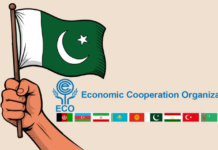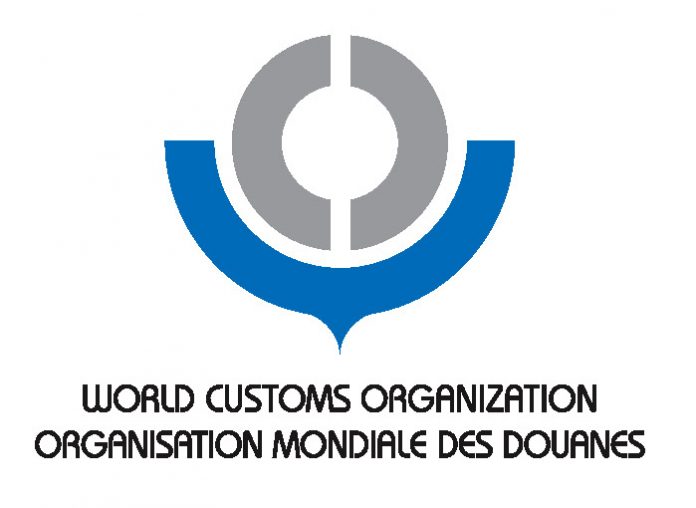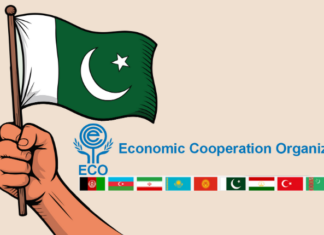LAHORE: Experts and economists, on Sunday, urged the federal government to increase transit trade area to Central Asian Republics (CARs) and ink more agreements with World Customs Organization (WCO) to enhance exports graph in the country.
Senior vice-president of the Lahore Chamber of Commerce and Industry (LCCI), Amjad Ali Jawa, said that during a recent meeting with the WCO, the LCCI had sought cooperation through welcoming “some degree of necessary support” so that goods could move more efficiently across the borders in CARs.
LCCI member of the executive committee, Shahzad Ayub, urged the federal government for measures to ensure technical assistance with regards to counter terrorism and supply chain security.
He further said that exports rate could further be enhanced through solid measures by the government in trade facilitation, economic competitiveness, coping with emerging challenges, illicit financial flows and customs reform.
Economist Dr Ashfaq Hassan said that with the efforts of the commerce ministry, Pakistan became a member of TIR convention as United Nations had accepted Pakistan’s Instrument of Accession to the Customs Convention on the International Transport of Goods (TIR Convention).
He said this would greatly facilitate Pakistan’s trade with Afghanistan, Central Asian and ECO countries, and even Europe.
He said that the TIR was still in the implementation stage but there was need to merge it with the transit trade agreement to facilitate the movement of goods.
To a question, Dr Ashfaq said that Pakistan Customs with efforts of the federal government was already a part of several WCO initiatives including its Program Global Shield (PGS) and Strategic Trade Control Enforcement (STCE) Programme, under which Pakistani officers/economy experts had received extensive training.
Appreciating the endeavour of the government, Dr Ashfaq said that the WCO had promised to provide its support to Pakistan in the regularisation of trade.
He said the WTO had urged Pakistan government to recuperate “trade relations” with all neighbouring countries particularly Afghanistan to play a more significant role in the corridor.
Dr Ashfaq said the WCO would provide support to Pakistan in harmonizing Customs data and for fast information sharing to ensure speedy movement of goods across the borders.
A senior official of the commerce ministry said the federal government had given Rs 180 billion export incentive to the industrial sector during this year to support the declining exports.
He said that the package revolved around cash support and waiver in duty and taxes for five sectors, including textile, leather, surgical equipment, sports goods and carpets.
According to the package, approximately 87 per cent support would go to the textile and clothing sectors, while a mere 13 per cent to the remaining four sectors, he added.
He said an investment of Rs 97 billion was being undertaken in the Pakistan Stock Exchange during the fiscal year 2017-18.
The government was aiming to achieve a tax revenue target of Rs 4,330 billion, with Rs 4,013 billion in taxes collected by the Federal Bureau of Revenue (FBR), and Rs317 billion in other taxes, he said.
To support exports sector, the government had suspended the customs duty on the export of raw hides, adding the sales tax on the commercial import of fabric would be set at 6 per cent, he added.
It is pertinent to mention here that the World Customs Organisation (WCO) was established in 1952, representing 182 Customs administrations around the world, including Pakistan Customs that collectively process 98 per cent of World Trade.
























